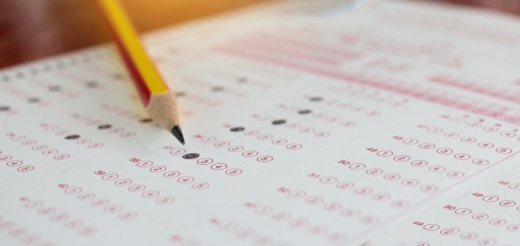Texas Commissioner of Education Mike Morath gave a presentation to the State Board of Education on June 30 in which he told board members that students will be required to once again take the STAAR test in the 2020-21 school year. Students were exempt from taking the test in the 2019-20 year due to the coronavirus pandemic.
Morath said the STAAR test will be happening next year regardless of whether students are doing in-person learning, asynchronous learning—or self-paced remote learning—or synchronous learning, which requires all students to be present at the same time virtually. He said there may be adjustments to the STAAR test, including longer testing windows of 30 days and an altered way of calculating A-F ratings, as the ratings were not collected this year.
"We have all these things in place for a reason," he said. "There's very solid evidence [standardized tests] help children, especially students from low-income backgrounds. So we don't want to throw that up and just give up on the objectives to have students master the knowledge and skills they need to master this year."
Morath said standardized testing is more important than ever to distinguish academic progress, as school closures from the coronavirus pandemic have led to what education officials are calling the "COVID slide." The slide describes the manner in which students did not progress in some courses at the same pace as normal. Morath said students were making progress at a normal rate in math prior to the pandemic.
"On or about the time of COVID closures in the state of Texas and country wide, was you saw an immediate split in how students were making academic progress," he said. "Students from low-income ZIP codes were at a precipitous decline in academic progress that was immediate. They were making 50% less progress in mathematics than they normally do on a week-to-week basis."
Morath also said middle-income students experienced a more than 30% decline while high-income students did not experience a decline working remotely. He said without the STAAR testing data from the 2019-20 year, the agency does not have as much information as needed to adjust educational support systems for students.





